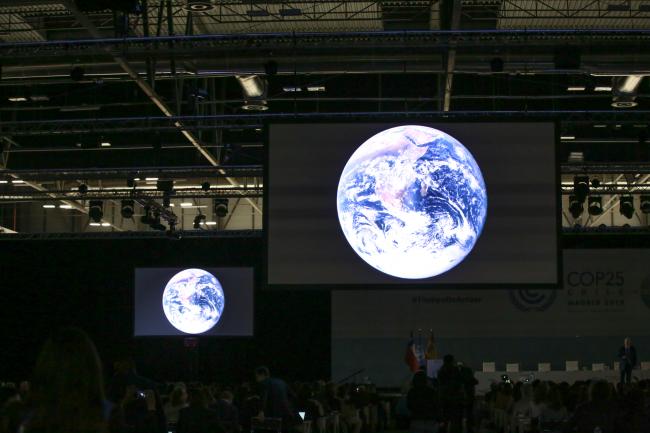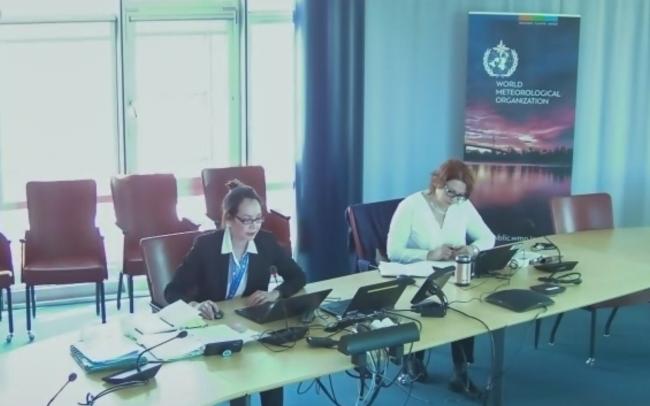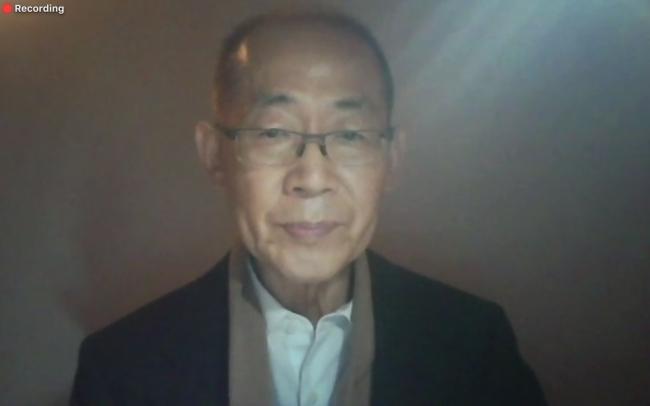The third meeting day pursued discussions on adjustments to the strategic planning schedule for the Sixth Assessment Report (AR6) in light of the COVID-19 pandemic, focusing on timing and procedures for the election of the AR7 Bureau.
The Secretariat of the Intergovernmental Panel on Climate Change (IPCC) presented on procedures for the election of the IPCC Bureau, noting this is a key matter for ensuring a smooth transition between the AR6 and AR7 cycles. She delineated how a way forward could be structured, building on the establishment of a Task Group (TG) discussing structure, composition, size, and terms of the next Bureau established at one of the next Plenary sessions (IPCC-54 or 55). The Task Group would present two progress reports before the final submission and decision at IPCC-58 —the session following the approval of the AR6 Synthesis Report (SYR),— after which the Secretary would send out invitations for nominations by governments.
The ensuing discussion, on the one hand, evolved mainly around the tension between keeping the election and approval processes separated, and, on the other hand, the need to ensure a smooth transition and conclude the work in the already long AR6 cycle. It also pertained to: budget implications; enabling a handover between outgoing and incoming WG Co-Chairs and Technical Support Units (TSUs); and the risk of having parallel processes, which may overburden developing countries.
Noting there would be limited discussions needed on AR7 products compared to the transition from AR5 to AR6, given the standing agreement on the triple WG structure as well as on the production of reports on cities and on short-lived climate forcers, many delegations called for a streamlined process for the TG and enabling Bureau elections at IPCC-58 in January 2023. There was broad support for the establishment of an intersessional task group with the mandate to suggest details on structure, composition and size of the Bureau at the current session.
IPCC Chair Hoesung Lee cautioned against the objective to hold elections at IPCC-58, highlighting that this would result in a shortened campaign period of three months following the SYR approval in September 2022. This, he said, would create an uneven playing field between current Bureau members and other nominees as well as between developed and developing countries, and lead to “underground” campaigning that would affect the approval process. He called for ensuring a “safe distance” of at least six months between SYR approval and elections.
Many delegations joined WG Co-Chairs and Vice-Chairs in their concern that a long transition period at the end of an unprecedently long AR6 cycle would lead to a disruption of the process and loss of knowledge, both substantive and logistical. Concern was expressed that further delays might jeopardize the timely delivery of much-needed inputs into the political process.
Other delegations highlighted that finalizing the AR6 products should take precedence over issues pertaining to the next cycle, and called for strict adherence to the established procedure. They underscored the need for a strict separation between the approval of reports and the election process, expressing concerns over the interference between nominees’ campaigns and the approval of the SYR. They stressed the complexity and delicacy of the issues under consideration concerning the AR7 Bureau warranted enough time and discussion in plenary.
Delegates did not come to an agreement and will continue the consideration of this issue on Thursday.









